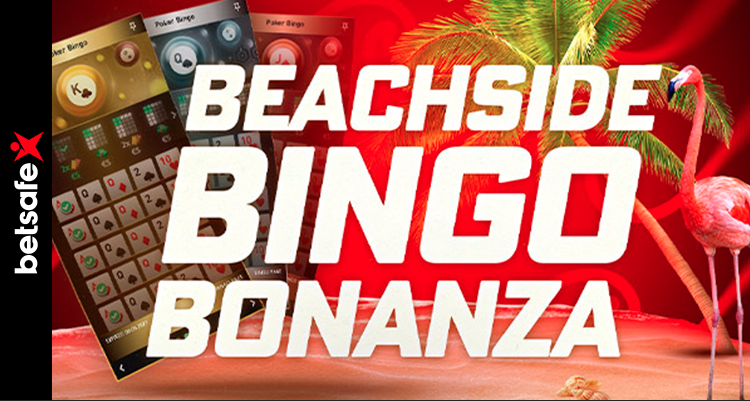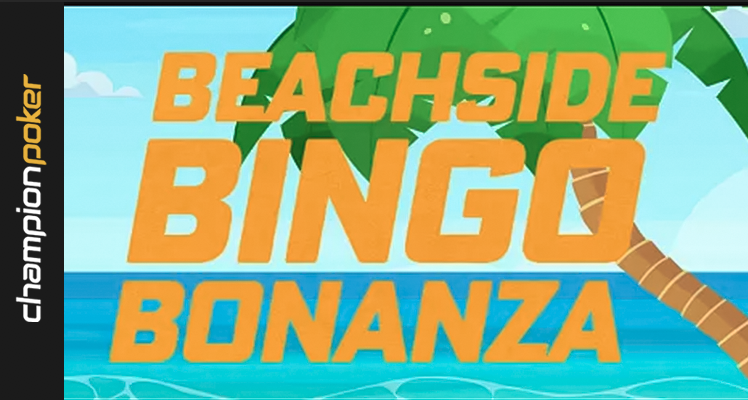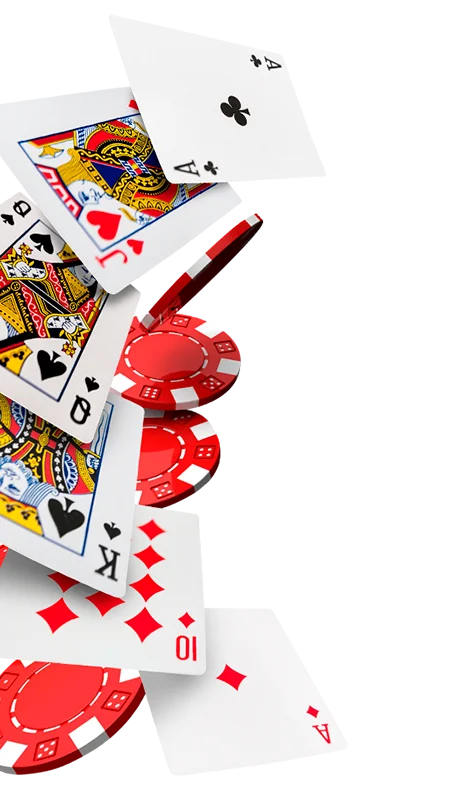
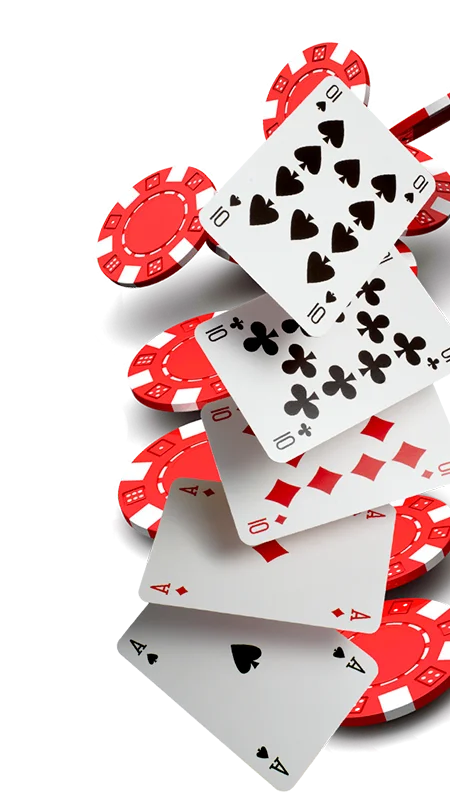
Tells in poker part I: definition, types and practical examples
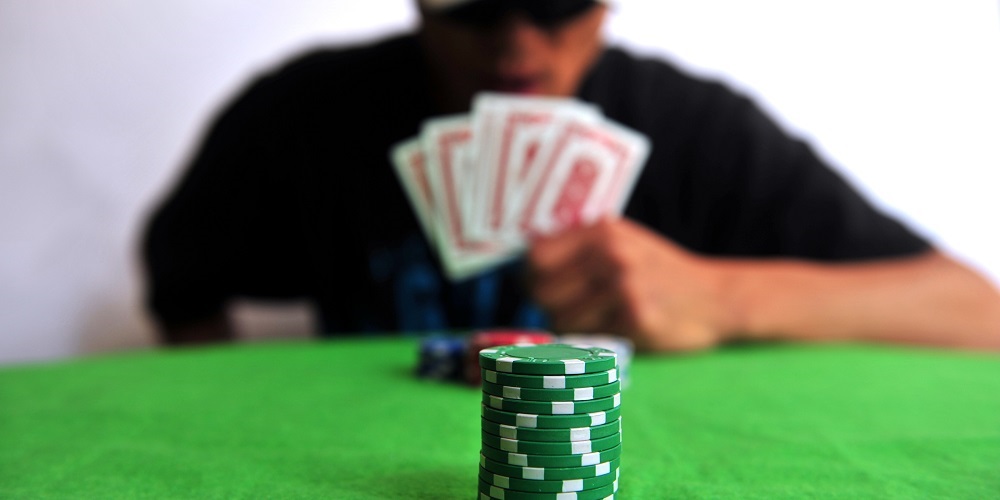
In poker, a "tell" is any clue that
serves another player to obtain information about the state he is in because of
his situation in the game. It is a non-verbal communication tool that
somatizes a certain communicative behavior, which is a reflection of the state
of his game, giving information to the player who observes it.
That is why defining tells in poker is so important: it involves analyzing those non-verbal cues that reflect a state of mind derived from an event related to the cards, helping to define correct strategies.
What are tells in poker? Everything you need to know
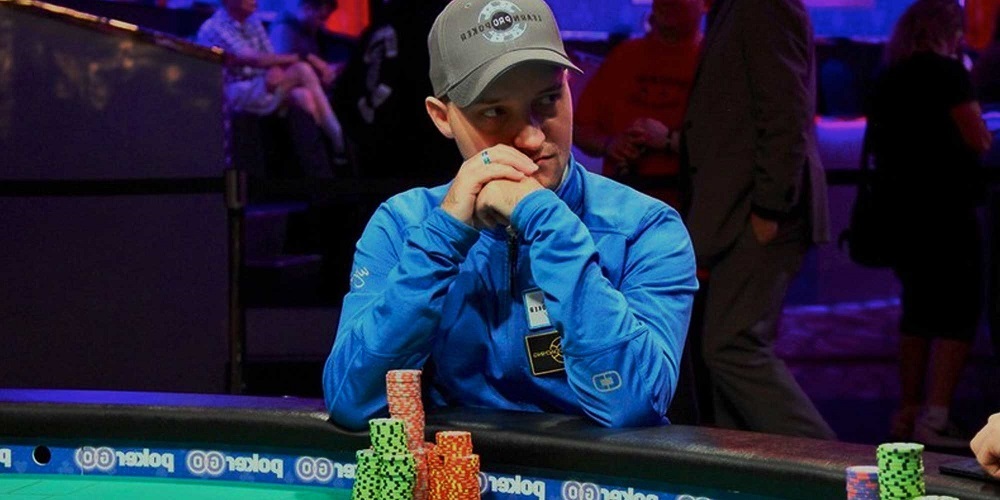
It is best to understand tells as pieces of a
huge puzzle. You see, tells in poker are related to something bigger: the tell
reflects a mood or behavior; it is derived from the state of the player,
which is influenced by the play of the moment.
The more tells we have at our fingertips, the
more information we can extract and the better we can x-ray the opponent. This
helps us to define our strategy, avoid mistakes and base our plays on
the study of the opponent.
But be careful, because tells are nothing more
than indicators. Indicators that can be induced to provoke an erroneous reading
in us. This is done a lot by high-level players who are experienced
enough to use these tells to their advantage, cheating their opponents by
giving them wrong information.
A false tell can be voluntary or involuntary.
It is crucial to pay attention to the intensity and speed of the tells to
define whether it may have been spontaneous or deliberate, and whether it may
be genuine or false. To do this, it is vital to understand the context
in which they occur. For example, a player who starts to spasm or twitch after
seeing his cards may well have seen strong cards. But if these twitches occur
after an all-in, then it is quite possible that we are dealing with a textbook
bluff.
A popular resource for amateur players is to write
down the tells they discover and study them later. This helps to analyses
the games, to understand if a tell has been made on purpose or not and to study
possible alternatives to our play.
Studying tells and having the ability to
identify them without taking notes is acquired over time, with experience and
with hours of training and analysis away from the tables. Only in this way will
we be able to discover our opponents tells and keep our own hidden.
A tip for beginners: take advantage of hands that are not being played to observe. With these hands you can see without being seen, and the accumulated minutes will play in your favour, giving you the necessary background to analyze tells correctly and work on your own body language.
Biological basis of tells

Human reactions are often involuntary because
they occur in response to external stimuli that we are unable to control or
conceal. There is a biological explanation for this: the neurocortex,
the area of the brain responsible for comprehension and memory, which allows
the individual to manage memories, data, analyze environments and situations,
and to understand rules, calculate probabilities and create strategies. But the
limbic system also comes into play, which of the two has more weight in a game
of probability and highly analytical like poker?
The neurocortex is in charge of managing
reflex, unconscious reactions, while the limbic system is the one related to
the more analytical part of the reactions. To make a good study of tells in
poker it is essential to analyze whether the tell has been performed
voluntarily or not, something that can be studied by trying to measure reaction
times.
It is estimated that a voluntary action requires approximately one second between being processed and executed. In other words, a tell with a very short delay may indicate that we are being induced to make a wrong reading. Spontaneous tells, on the other hand, are genuine and appear almost instantly, which would give them more credibility.
Types of tells and examples

There are several ways of classifying tells, so
we can accept this way of categorizing them:
- Peaceful tells.
- Intention tells.
- Simulated tells.
Peaceful tells are gestures that are made, voluntarily or
not, to calm down. They may be made because you have a good hand and want to
hide it, or because you are bluffing and don't want to get caught.
Intention tells are tells that reflect intentionality, that
express the intention to carry out an action. They give the game away and are
the most dangerous to demonstrate.
Simulated tells are pretend tells, which are usually exaggerated and overplayed, unless they are made by a professional.
Pacifying tells
There are several types of tells depending on
which part of the body expresses them. It should be understood that these tells
are more intense the more stress the player is exposed to. A very common
example of a pacifying gesture is stroking the neck, one of the most
sensitive areas of the body capable of promoting a decrease in blood pressure.
The main arteries of the body pass through it and it is a recurrent area to
induce a state of relaxation.
The face is also the place where several
pacifying gestures take place. For example, massaging the forehead,
scratching the nose, stroking the beard or touching the face can be
representative pacifying tells.
Watch out for other tells such as frequently turning a ring, smoothing your trousers or taking deep breaths: these are other pacifying tells that you should identify.
Intention tells
When a player is preparing to enter the game,
they will usually express that intentionality with body gestures that you
should be able to recognise.
For example, seeing the nostrils expand is an
example of an intent tell. It denotes effort or intention. The same goes for
moving your hands towards the center of the table.
Be very attentive to the approach of chips, cards or the player himself to the table. This is a symptom that he is preparing to enter the game. Have you noticed his hands - he tends to put them up and now his palms are down? Any such divergence can be a sign that the player is about to take action.
Simulated Tells
A simulated tell can be a showdown tell. We
call conflicting tells those tells that are not clear, that cause us
conflict in interpreting them, or that do not give clear information.
If you notice over-acting, unmistakable signs
that the player is trying to make you notice their gesture in a blatant manner,
or the repetition of the same tell throughout the round, you should be
wary. Some tells are easy to spot, but when you're allowed to x-ray them like this,
you're either dealing with a player who has no idea about poker, or they're
trying to confuse you.
You may also like

Gus Hansen Returns to Action in "Inside the Mind of a Pro"
Gus Hansen Returns to Action in "Inside the Mind of a Pro"Gus Hansen is Back in the Poker SpotlightPoker has evolved dramatically over the last decade, but Gus Hansen, one of the game’s most charis...
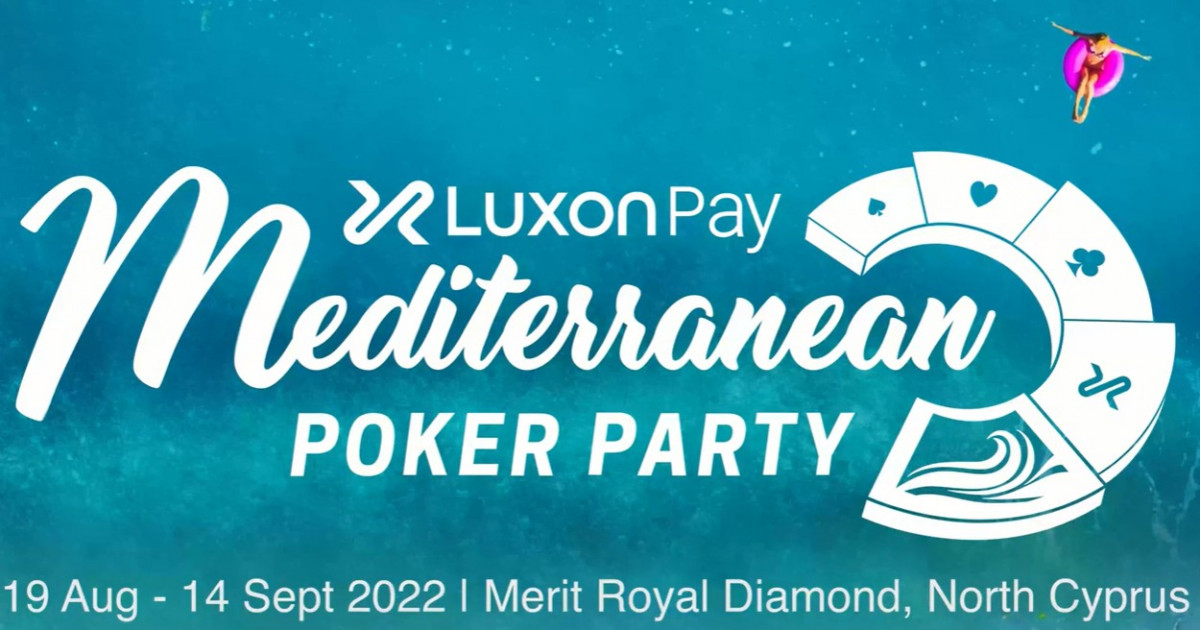
The Luxon Pay Mediterranean Poker Party arrives
The Luxon Pay Mediterranean Poker Party arrivesThe new Poker Championship, Luxon Pay Mediterranean Poker Party (MPP) presents a series of events that will be held from August 19 to September 17th a...
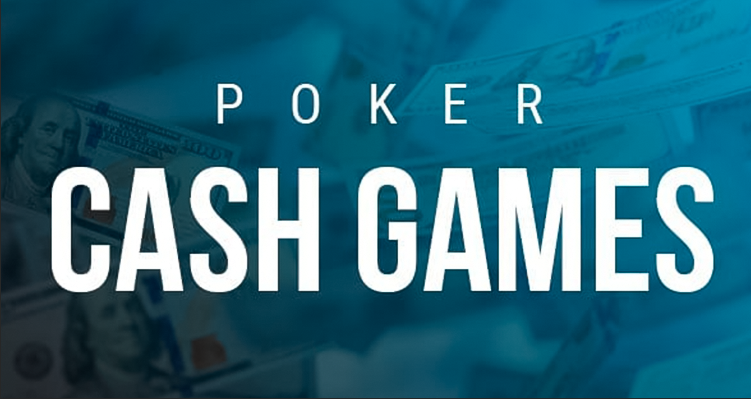
Everything You Need to Know About Cash Game Dollars (C$) at GGPoker
Everything You Need to Know About Cash Game Dollars (C$) at GGPokerCash Game Dollars (C$) are a unique virtual currency exclusive to GGPoker, designed to enhance your experience in cash games. Here...




